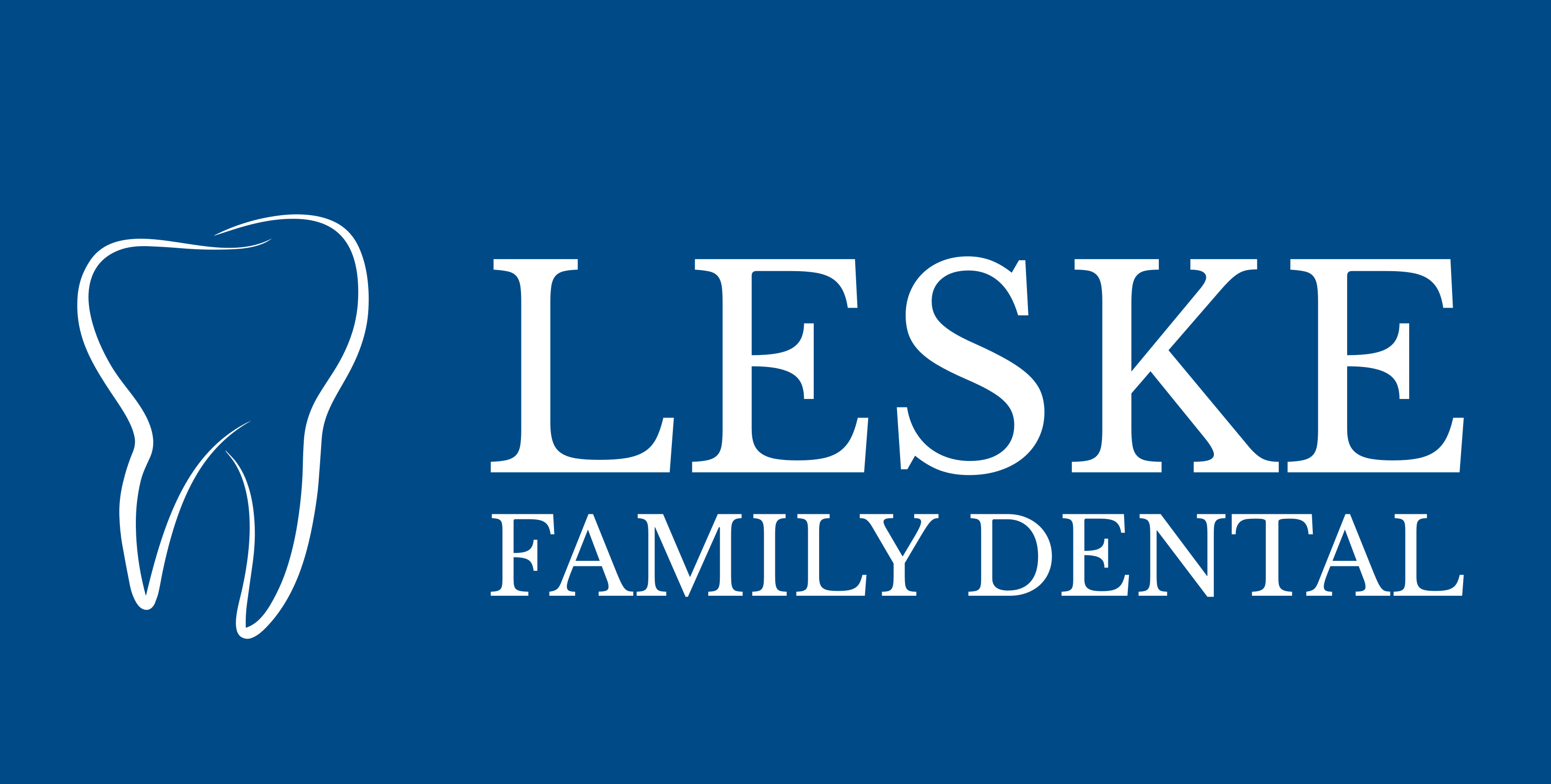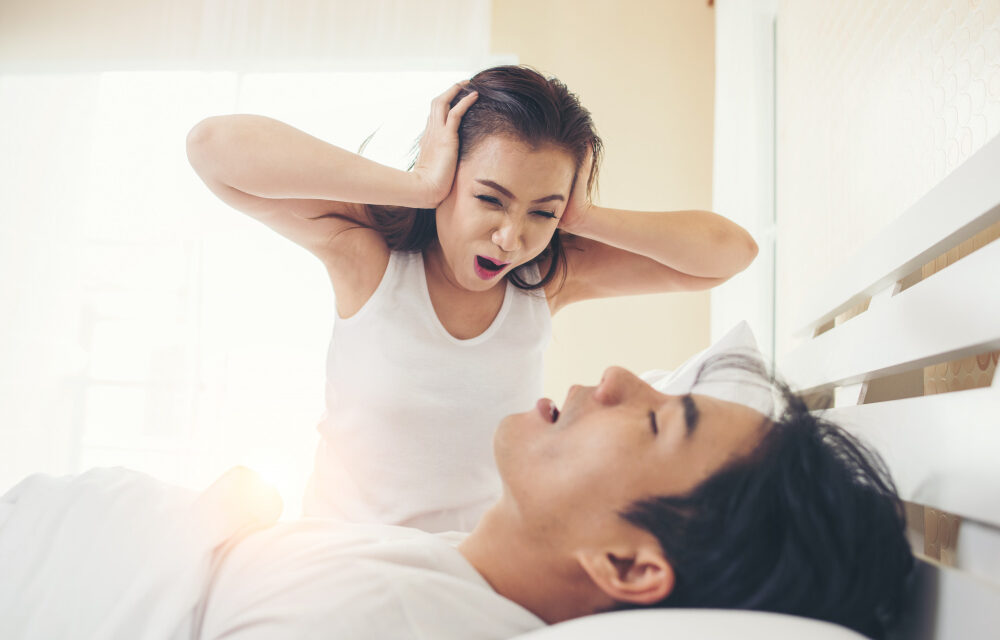Yes! You can die while sleeping if you have sleep apnea. There are cases in which people have died of sleep apnea. If you are new to this, it might be scary for you. At the same time, there are several reasons for sleep apnea or difficulty breathing while you are in your sleep. Even if sleep apnea in some cases doesn’t lead to death, it might lead to short or long-term health consequences, and a few of these can be life-threatening.
What is sleep apnea?
Sleep apnea can be called a sleep disorder in which, while you are slumbering, you might stop and start breathing. If you ignore it, it will lead to snoring, tiredness during the daytime, or even more severe issues like heart problems or high blood pressure.
This condition is way different from regular or primary snoring. Primary snoring can be due to some nose or throat conditions, overweight, sleep style, old age, drinking alcohol, or even depressants.
Meanwhile, primary and sleep apnea snoring can be caused by the vibration in the tissue at the back of the throat. Here are some things that you will notice in a person who is suffering from sleep apnea:
- They snore louder compared to ordinary snoring people.
- They take shallow breaths, choke, or gasp.
- They seem to be restless.
- They pause for approximately 10 seconds while breathing.
There are also three different kinds of sleep apnea:
- Clear airways
- Obstructive sleep apnea
- Central sleep apnea
1. Obstructive sleep apnea
The most seen type of sleep apnea is obstructive sleep apnea. This condition occurs when a person’s airways repeatedly become entirely or partially blocked while sleeping. This happens primarily due to the soft tissue at the back of the throat collapsing. During this time, the diaphragm and chest muscles work harder to open the airways. This will lead to loud gasps while breathing or jerks in the patient’s body.
These situations will result in a lower flow of oxygen to the vital organs in the body, abnormal heart rhythm, and will disturb your sleep.
2. Central sleep apnea
In this type of sleep apnea, the patient’s airways aren’t blocked. Instead, the brain cannot send signals to the muscles to breathe because of the problem in the respiratory control center. This is related to the function of the central nervous system. Central sleep apnea is mainly seen in people with neuromuscular diseases like amyotrophic lateral sclerosis. Patients who suffer from heart failure, have had a stroke, or have other heart, kidney, or lung issues.
3. Complex sleep apnea syndrome
This condition is also referred to as treatment-emergent sleep apnea. This condition occurs in people who suffer from central and obstructive sleep apnea.
Symptoms of sleep apnea
People don’t usually notice their first symptoms of sleep apnea. Instead, the bed partner tells them. Mentioned below are the most common signs and symptoms of sleep apnea:
- Snoring
- Sleepiness or fatigue during daytime
- Regularly awakening at night time or restlessness during sleeping
- Sore throat or dry mouth when you are waking up
- Suddenly waking up and gasping and choking
- They have trouble focusing, are cranky, and forget things.
- Anxiety and depression
- Constantly having the urge to pee at night
- Night sweats
- Sexual dysfunction
- Headaches
When will sleep apnea become serious?
The severity of sleep apnea depends. It is casual to have pauses between breathing at least five times in an hour in adults and one time per hour in children. These things may even occur as normal sleep stage transitions, so never ignore them and if you live in Troy, then search for sleep apnea treatment troy to get the best treatment.
If the disruption in breathing occurs more often, a sleep study will help diagnose OSA. Below are categories that are used to classify sleep apnea depending on the sleep hypopnea index:
- Mild: 5-10 events per hour
- Moderate: 15-30 times per hour
- Severe: More than 30 events per hour
It’s also important to look at the degree of oxygen deprivation during these events. When the oxygen level drops below 90%, it’s called hypoxemia.
In heart diseases, the oxygen level might drop highly with each apnea event. This will lead to higher stress on the body overnight. Chronic deprivation of oxygen might result in both short and long-term effects.
Sleep apnea treatment
First of all, the doctor will diagnose how severe sleep apnea is. Accordingly, the treatment will be chosen. Only lifestyle changes will be preferred if you suffer from mild apnea. If the patient has a nasal allergy, the doctor will prefer a treatment. If these things lead to no improvement in the issue, there are several other treatments. Go for treatments or search for treatments like sleep apnea treatment troy to find the best treatments nearby.
Several devices help to open up the blocked airways, but if these don’t work, then surgery can be done. Here are some therapies:
- CPAP (Continuous Positive Airway Pressure) – This is for patients who suffer from moderate to severe sleep apnea. Such patients can be benefitted by using a machine that will deliver air pressure via a mask while they sleep. With the help of CPAP, the air pressure is a bit greater compared to the surrounding.
- Other airway pressure devices – If CPAP is not working for you, you must try a different kind of airway pressure device that can automatically adjust the pressure while you are asleep.
- Oral appliances – Other options include wearing oral appliances designed to keep the patient’s throat open. Oral appliances are much easier to use, but CPAP is more reliable.
- Treatment for associated medical problems – Most common reason for sleep apnea is a heart or neuromuscular disorder. So, treating these conditions may result in sleep apnea treatment.
- Supplemental oxygen – While sleeping, supplemental oxygen intake can help if you are suffering from sleep apnea. Several forms of oxygen are available with devices to transport oxygen to the lungs.
- Surgery – If all these things don’t work out, you can opt for surgeries like tissue shrinkage, jaw repositioning, nerve stimulation, implants, or tracheostomy.
Bottom line
Though it does not always lead to death, it may be fatal in severe conditions. The symptoms must be taken care of and should be treated on time. There are three types of sleep apnea. If you are still thinking about what severe sleep apnea is, then it is the condition in which a person’s state is intense and needs urgent treatment or surgery. All these types can be treated with the methods mentioned above.
If you live in Troy, Michigan, then search for a sleep apnea dentist to get to the best dentists near your location and get professional services.
Let’s have words!
At Leske Dental, our team of highly trained dentists transforms dentistry with high-quality dental service and a relaxing care experience. If you’re ready to glorify your smile, schedule an appointment today!




